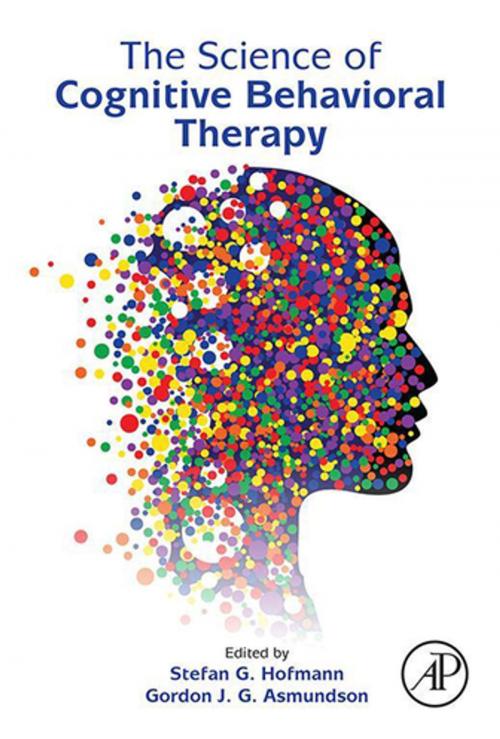The Science of Cognitive Behavioral Therapy
Nonfiction, Health & Well Being, Psychology, Clinical Psychology, Cognitive Psychology| Author: | ISBN: | 9780128034583 | |
| Publisher: | Elsevier Science | Publication: | June 1, 2017 |
| Imprint: | Academic Press | Language: | English |
| Author: | |
| ISBN: | 9780128034583 |
| Publisher: | Elsevier Science |
| Publication: | June 1, 2017 |
| Imprint: | Academic Press |
| Language: | English |
The Science of Cognitive Behavioral Therapy describes the scientific approach of CBT, reviews the efficacy and validity of the CBT model, and exemplifies important differences and commonalities of CBT approaches.
The overarching principle of CBT interventions is that cognitions causally influence emotional experiences and behaviors. The book reviews recent mediation studies, experimental studies, and neuroimaging studies in affective neuroscience that support the basic model of CBT, as well as those that clarify the mechanisms of treatment change.
Additionally, the book explains the interplay of cognition and emotion in CBT, specifies the treatment goals of CBT, discusses the relationship of cognitive models with medical models and associated diagnostic systems, and provides concrete illustrations of important general and disorder-specific considerations of CBT.
- Investigates the scientific foundation of CBT
- Explores the interplay of emotion and cognition in CBT
- Reviews neuroscience studies on the mechanisms of change in CBT
- Identifies similarities and differences in CBT approaches for different disorders
- Discusses CBT extensions and modifications
- Describes computer assisted applications of CBT
The Science of Cognitive Behavioral Therapy describes the scientific approach of CBT, reviews the efficacy and validity of the CBT model, and exemplifies important differences and commonalities of CBT approaches.
The overarching principle of CBT interventions is that cognitions causally influence emotional experiences and behaviors. The book reviews recent mediation studies, experimental studies, and neuroimaging studies in affective neuroscience that support the basic model of CBT, as well as those that clarify the mechanisms of treatment change.
Additionally, the book explains the interplay of cognition and emotion in CBT, specifies the treatment goals of CBT, discusses the relationship of cognitive models with medical models and associated diagnostic systems, and provides concrete illustrations of important general and disorder-specific considerations of CBT.
- Investigates the scientific foundation of CBT
- Explores the interplay of emotion and cognition in CBT
- Reviews neuroscience studies on the mechanisms of change in CBT
- Identifies similarities and differences in CBT approaches for different disorders
- Discusses CBT extensions and modifications
- Describes computer assisted applications of CBT















